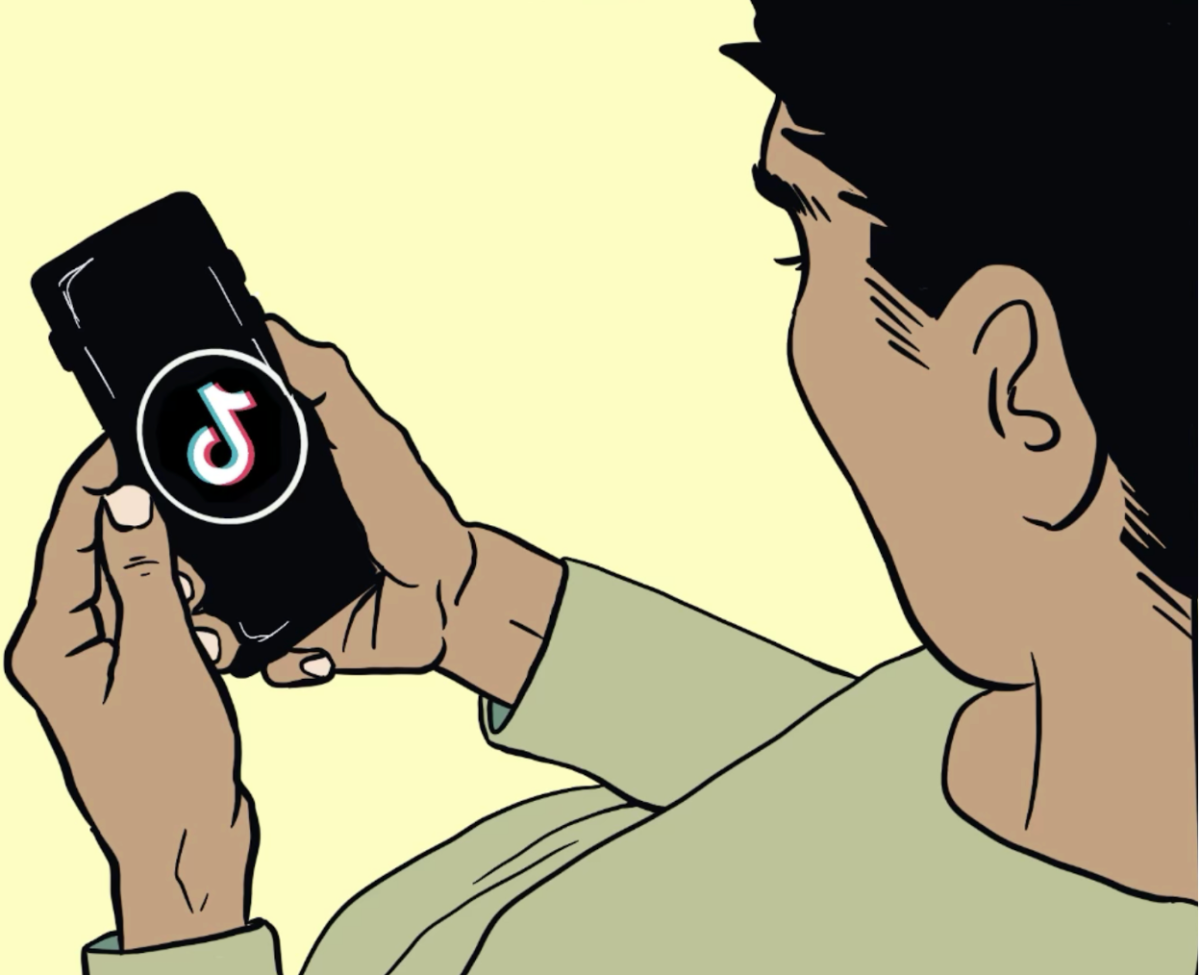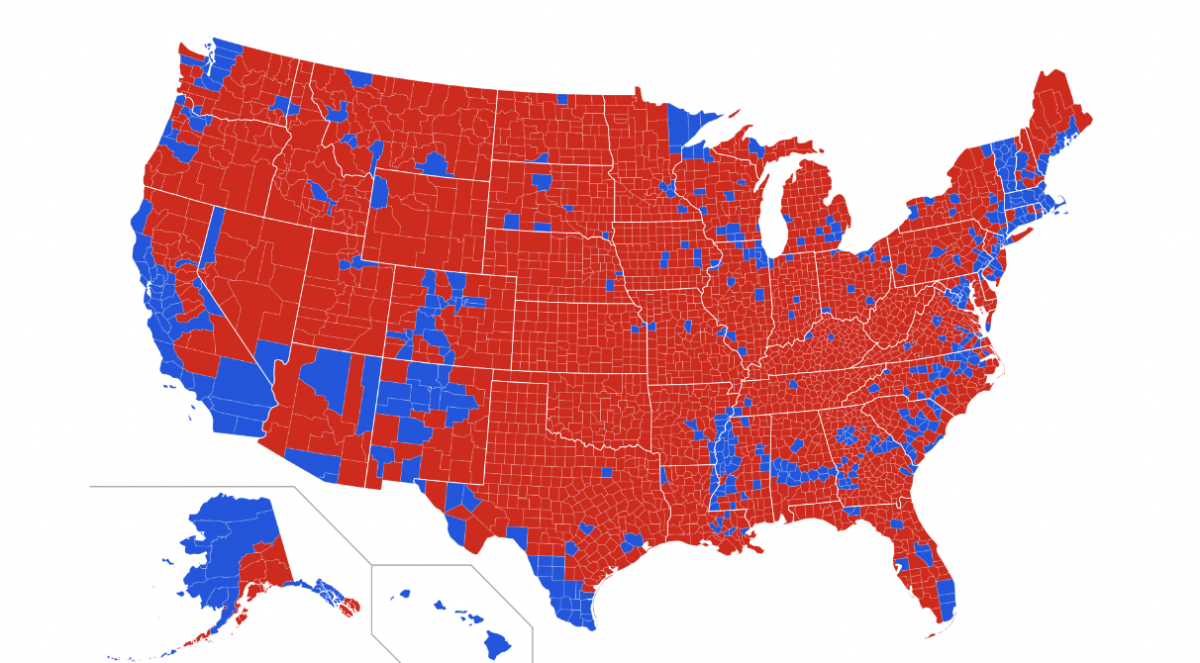Sarah Kloepfer
Managing Editor
Slow, plodding piano notes gather speed as a pixilated picture of a young woman comes into focus on the screen. She is followed by more pictures — close-ups and group shots — all recognizable as profile pictures from Facebook.
Radiohead’s “Creep” is sung softly, hauntingly by a choir, growing louder at the line “I want you to notice, when I’m not around.” Status updates, friend requests and relationship statuses flash by, leading into scenes from the upcoming movie “The Social Network,” which tells the story of the making of Facebook and its notorious founder Mark Zuckerberg. The trailer ends with the tagline “You don’t get to 500 million friends without making a few enemies.”
“Sure, I’ll see that, I thought,” and clicked the window on my computer closed.
The next week I saw another “Social Network” trailer. Instead of the quiet, melodic opening of the previous teaser, Kanye West’s “Power” blasts in the background, declaring “No one man should have all that power,” as the words “At 23, he became the world’s youngest billionaire” appear. Much of the same scenes play out — Zuckerberg and his co-founder/partner-in-crime create Facebook out of their Harvard dorm room, the site becomes popular and so do they. They party, crash, burn, etc.
For some reason this version stayed with me for weeks, more than just a passing notion to see it in theaters. It was not so much the movie itself I was fascinated with, rather the motives behind it. It seems everyone has a Facebook profile these days, and if there really are 500 million of us, does that guarantee 500 million movie tickets sold? It is a simple enough advertising concept — make a movie about something people use everyday, incorporate a scandalous back-story, and voila, success.
This past week I saw a trailer for “Catfish,” which seemed like a cutesy, romantic boy-meets-girl (over the Internet) movie.
“I mean she must be pretty awesome — at least, from Facebook,” Nev says as he scrolls through Megan’s pictures. Nev’s two friends film the budding relationship as they text, call and decide to meet. This is when the trailer turns sinister and the fascination becomes morbid.
As the three friends pull up to Megan’s farm in the dark, one of them says what everyone is thinking — “I’m a little scared, this place gives me the creeps.” Eerie horror-movie-like gasps are heard as the image of Nev approaching the driveway dissolves and a review appears — “The final 40 minutes of the film will take you on an emotional roller-coaster ride that you won’t be able to shake for days.”
Again I was thinking about Facebook. Yes, everyone has one, supposedly to connect with friends. But just how well do we know these “friends”? Whether or not “Megan” is real, fake, or lying — or even if the documentary itself is staged — it shows that Facebook has set a standard for not only communication, but also potential privacy invasion. We can stalk both friends and strangers at the click of a mouse, but we never know who is hiding behind each profile.






